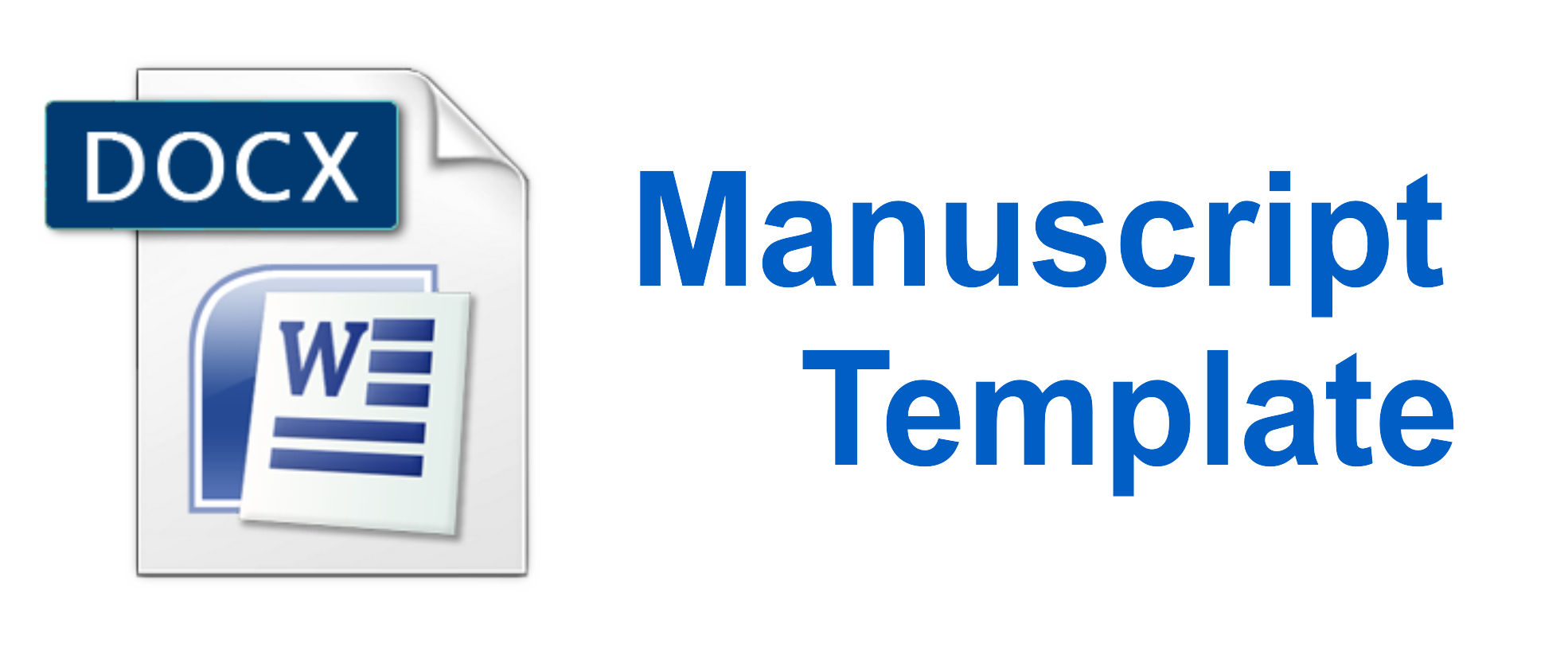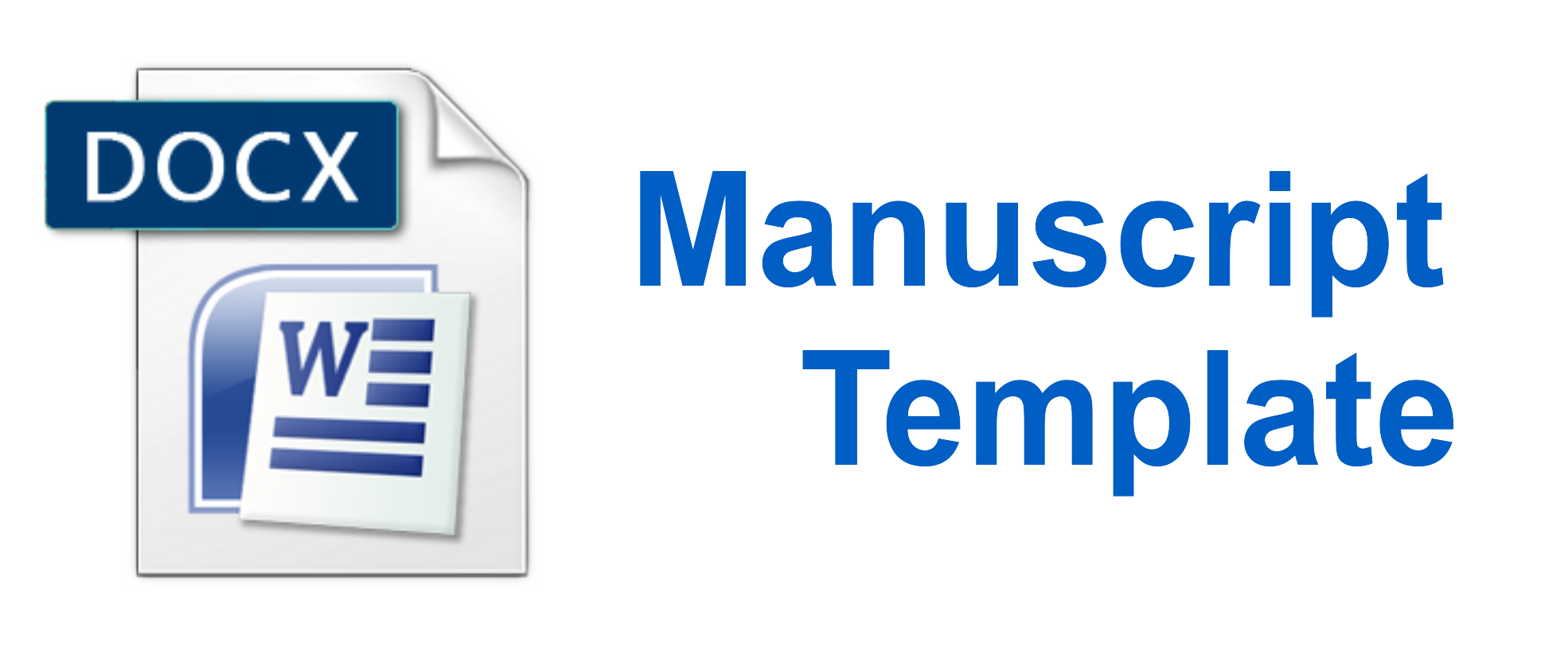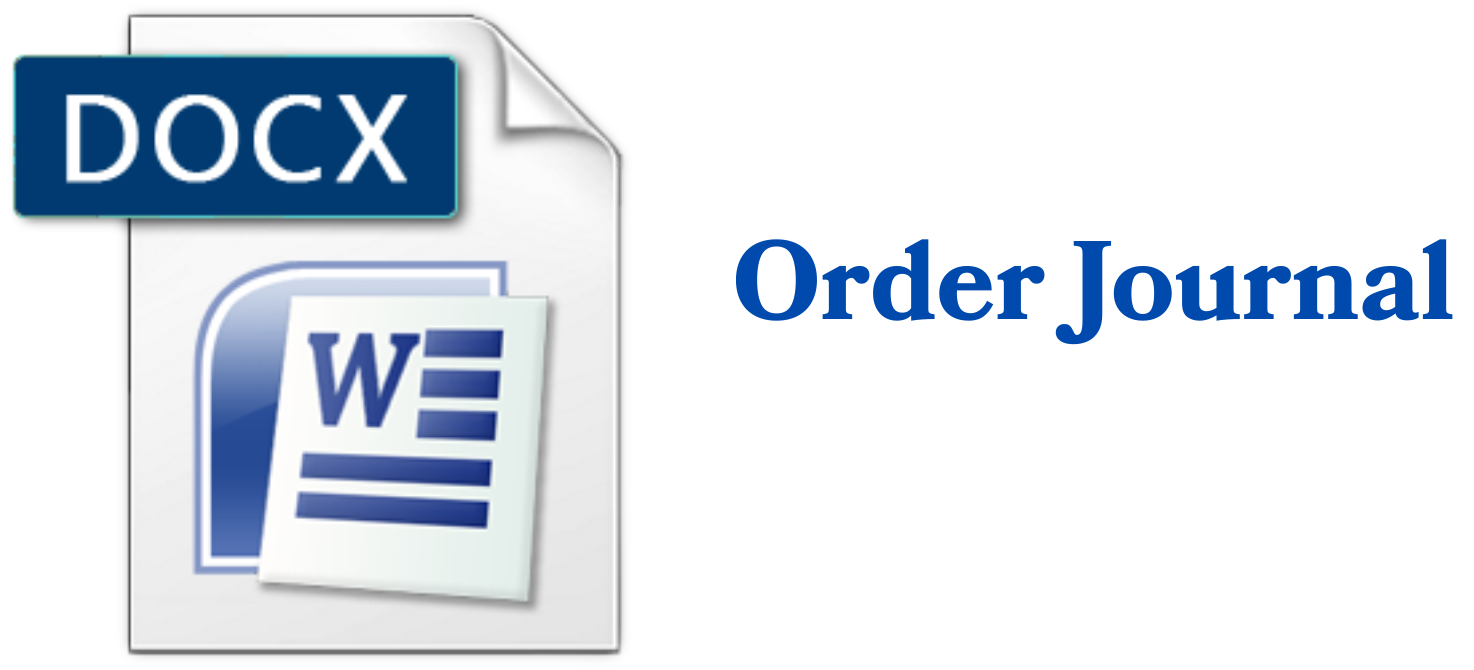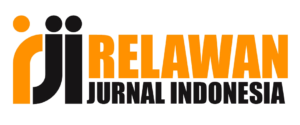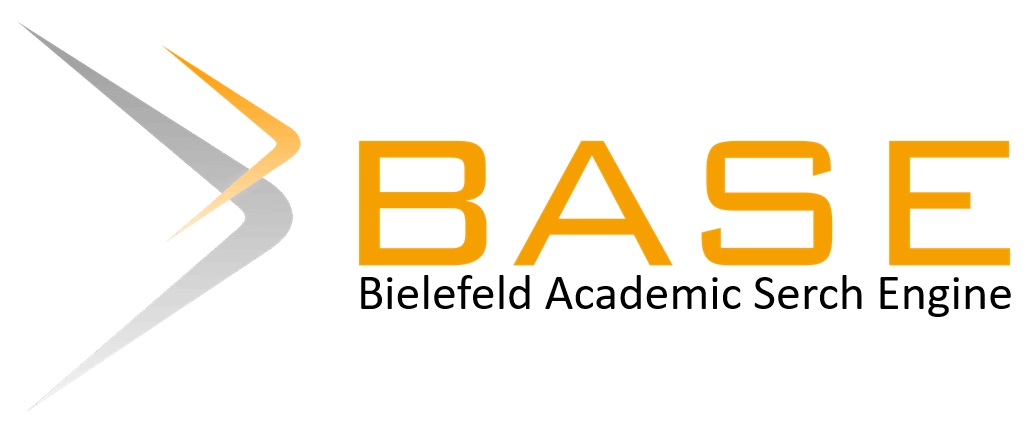KONSEP PEMBELAJARAN PENDIDIKAN AGAMA ISLAM DI ERA SOCIETY 5.0
DOI:
https://doi.org/10.35316/edupedia.v6i2.1592Keywords:
Era Society 5.0, e-learning, Islamic Religious Education (PAI)Abstract
Azyumardi Azra highlighted the importance of modernizing Islamic religious education so that the Islamic paradigm can be applied not only to Muslims but also to the whole world. The new national education paradigm also underscores the fact that Islamic educational institutions are basically community-based, namely community-based education. Revitalization of the learning system, educational units, elements of students, educators and education staff all play a role in the effectiveness of PAI learning in line with the idea of Islamic religious education. If all the important components in PAI learning education are able to keep up with the times, especially towards the use of digital, then the implementation of PAI learning education will become more digital, think creatively, be more imaginative, and dynamic. In the era of society 5.0, when almost all educational activities rely on advances in digital technology, the PAI learning process is needed to compete in the use of technology and information in learning activities. An PAI educator as an innovator in the field of Islamic religious education must be able to take advantage of digital learning applications through e-learning, namely Zoom, Google Meet, Discord, gSuite for edu, edmodo, kahoot, and learning houses, intended to make PAI learning more compatible and able to generate generations Muslim superior and capable.
Downloads
Published
How to Cite
Issue
Section
License
Edupedia: Jurnal Studi Pendidikan dan Pedagogi Islam adopts the Creative Commons Attribution–ShareAlike 4.0 International License, which allows users to reproduce, modify, and distribute published articles in any medium for lawful purposes, provided that appropriate attribution is given to the original author(s) and the journal, the license is properly cited, any changes are clearly indicated, and derivative works are distributed under identical licensing terms.
Upon publication in Jurnal Kesehatan Vokasional, authors confer to third parties the rights to use their articles in compliance with the Creative Commons Attribution–ShareAlike 4.0 International License.
Copyright on articles is retained by the respective author(s), without restrictions. A non-exclusive license is granted to Edupedia: Jurnal Studi Pendidikan dan Pedagogi Islam to publish the article and identify itself as its original publisher, along with the commercial right to include the article in a hardcopy issue for sale to libraries and individuals.
![]()



